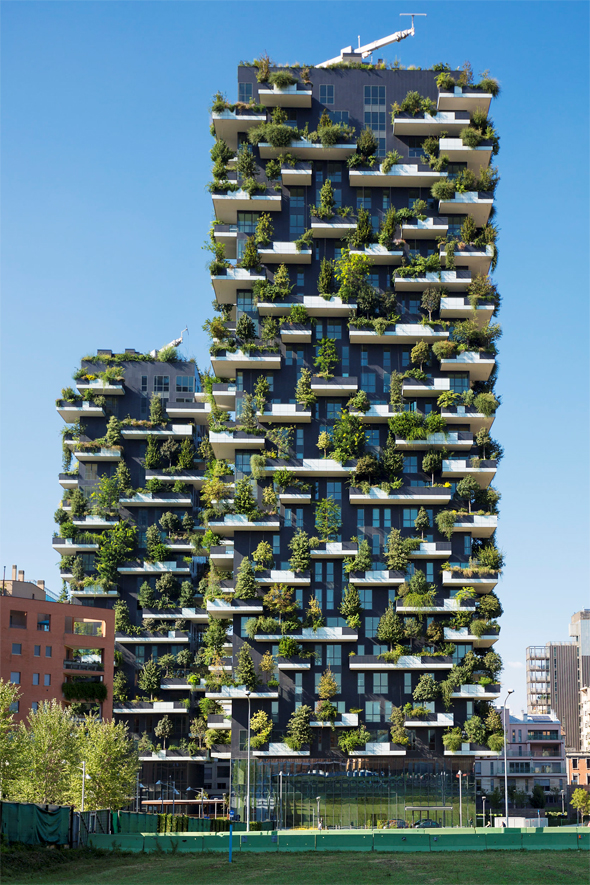By Guy Dauncey –
We are amid celebrating our 150th anniversary since the Articles of Confederation were signed on Prince Edward Island in 1867. We look back and consider our recent history—but by looking backwards, we turn away from the future.

Maybe that’s a useful, unconscious act because by almost any reckoning, the future looks pretty darned scary.
If we carry on the way we are, by Canada’s 300th birthday in 150 years’ time, the climate crisis will have ensured that Prince Edward Island will become a bunch of islands, and large areas of Quebec and Montreal will be under water. On the west coast, vast areas of Vancouver will face surrender to the Pacific version of Neptune, God of the Ocean.
Hands up: who has hope and excitement about the future, the way the British did at The Great Exhibition in 1851 or the way Canadians did at Expo 67 in Montreal? Worry, ranging to ominous despair, seems to be the more common response.
Why? The list is long, ranging from the rising global population to dire warnings about the climate crisis; from growing inequality and the unaffordability of housing to the egregious behaviour of the plutocrats who hide their wealth in offshore tax havens; from the threatened collapse of democracy in America to worries that the robots will take our jobs; from the stark and increasing loss of species and ecosystems around the world to the acidification of the world’s oceans. Baby albatross are dying from the plastics they ingest before they have even flown. By 2050, on current trends, there will be more plastic in the world’s oceans than there will be fish. Given the dire weight of evidence, some are tempted to retreat to the dark mountain and live out the collapse of civilization in a permacultural ecovillage, fortified by homegrown asparagus and home-brewed ale.
But let me press the pause button on this depressing outlook and invoke instead a blessing, revealing another possible future. There are times in history when utopian thinking is a curious distraction—and times, like now, when it is an urgent necessity.
So, one, two, three—and another possible future is revealed in which Canadians make a successful switch to renewable energy, end the housing crisis, end inequality, build a new co-operative economy that operates in harmony with nature, strengthen their rich multicultural tapestry, and become a beacon of hope for the world.
And no, I’m not smoking anything. On the contrary, it is those who believe that pursuing more economic growth will solve our problems who must be inhaling the sacred weed. A three per cent rate of annual growth has unbelievable implications when it is played out over 150 years. If our population grows by one per cent a year, a three per cent growth in GDP is a two per cent rate of growth per person, but a three per cent increase in the impact of the economy on Nature.
Imagine a small town in the Cariboo with a population of a thousand people, a local GDP of $50 million, and zero inflation. If its economy grows by three per cent a year, as many politicians wish, after 25 years its economic throughput will double to $100 million. After 75 years, it will reach $450 million, and after 150 years it will grow to $4 billion. That’s an eighty-fold increase in the money passing through this tiny town for the goods and services its future people will consume.
Do we seriously think this is possible? What impact would this eighty-fold increase have on the Cariboo’s rivers, forests, ecosystems, and wildlife? Clearly, we need to change the way our economy operates and the goals we seek to achieve.
In place of growth-hungry capitalism, we need to craft a co-operative economy in which local businesses can thrive. I mean an economy in which each community builds a strong foundation of social wealth, replacing the striving for personal wealth. By social wealth, I mean affordable housing and childcare, green spaces and community spaces, great public transit and bike paths, car-sharing, and ride-sharing. I mean a sharing economy in which the community co-operates to help businesses succeed, and a circular economy with zero waste in which none of Nature’s resources are lost to the landfill. I mean great public healthcare, great education, and access to affordable food for everyone with community gardens and local organic farms.
This future could have public banking to support the local economy, a local wage ratio (average low to average high) of 5:1 in place of today’s North American ratio of 829:1, and strong community support for people to form local co-operatives to fill in gaps in the economy, and as a way for the older business generation to hand over ownership and control to their staff as they retire.
We need to celebrate the past, but we also need to celebrate the future.
TheGreenGazette is sponsoring an essay contest, inviting readers to share their 800-word visions of a positive, vibrant future. The selected essay, chosen by TheGreenGazette team, will be printed in a future issue. Stay tuned for announcements on TheGreenGazette Facebook page about the great prizes you could win. Send entries to [email protected].
Guy Dauncey is author of Journey to the Future: A Better World Is Possible, an ecotopian novel set in the year 2032. See more at www.journeytothefuture.ca
